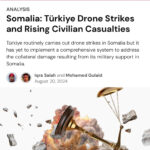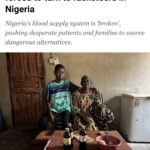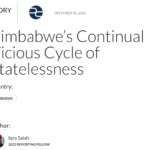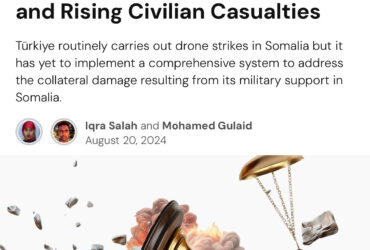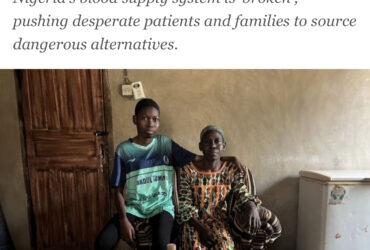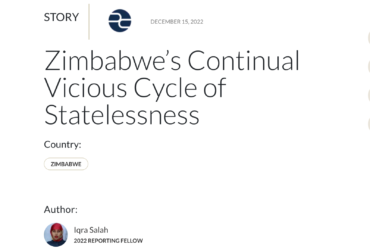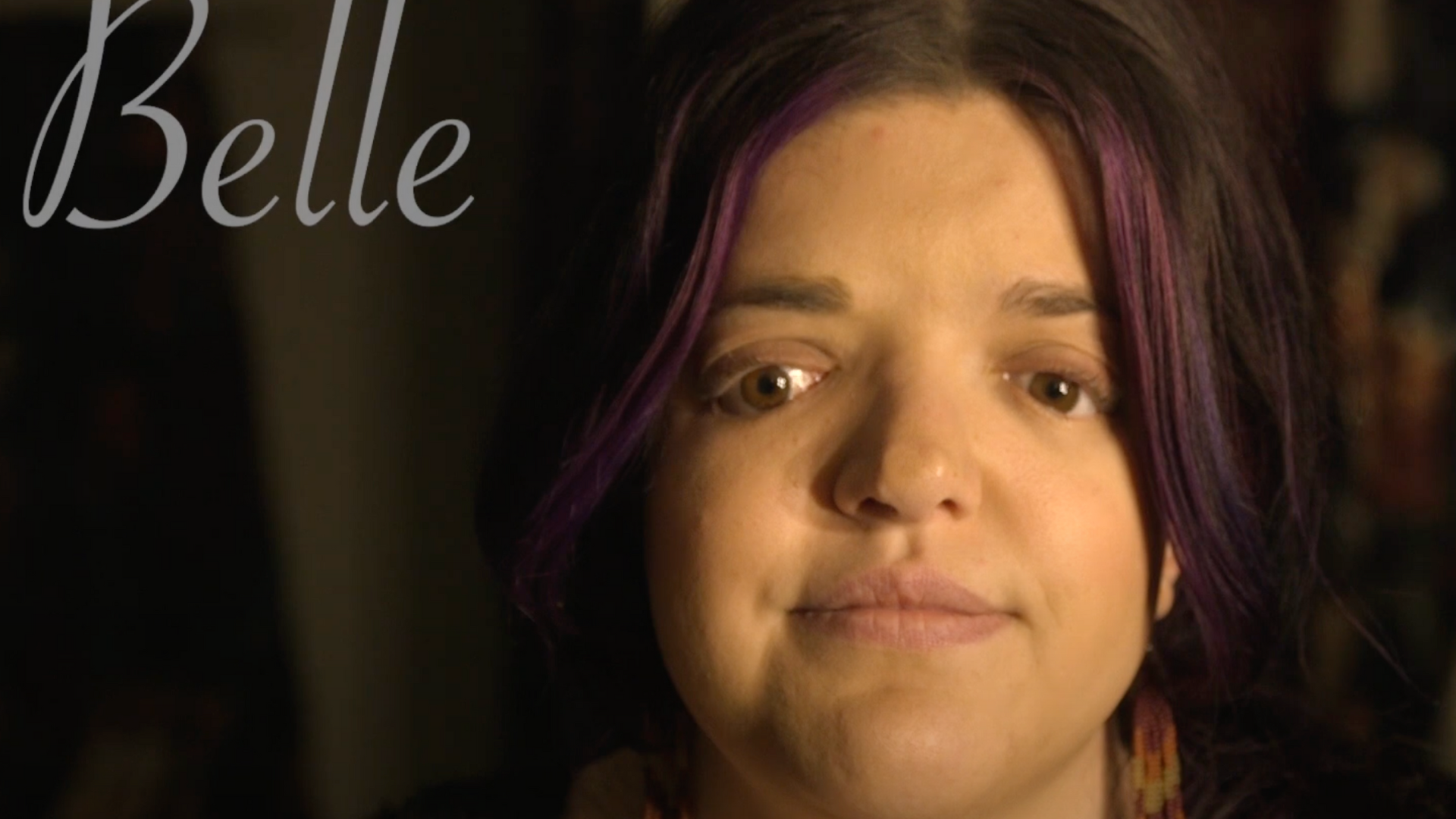
Belle: Who are we if not our faces
Ariel Henley from a young age got used to being stared at. She knew her face looked different from most people’s and endured the constant emotional toll of navigating the world with a facial disfigurement. Now 30 years old and living in the San Francisco Bay area, Henley’s work examines and challenges cultural narratives around facial disfigurements and differences — that the people who live with them are evil, lacking in humanity, or are a genius in some way that is unnatural.
Henley and her twin sister Zan were born with a rare condition called Crouzon syndrome, a craniofacial disorder where the bones in the skull fuse to each other prematurely. Throughout their childhood, the twins underwent multiple surgeries during which doctors physically expanded their skulls, shifting their facial features out of place. Without the surgeries, the sisters risked brain damage and death.
Henley has published a book called “A Face for Picasso” — a memoir about what it was like to grow up with a facial difference. Her goal is for people to understand that treating individuals who do not live up to unrealistic standards of beauty as subhuman impacts every aspect of life. She says the book helped her channel her trauma towards ending stigma around physical differences.
